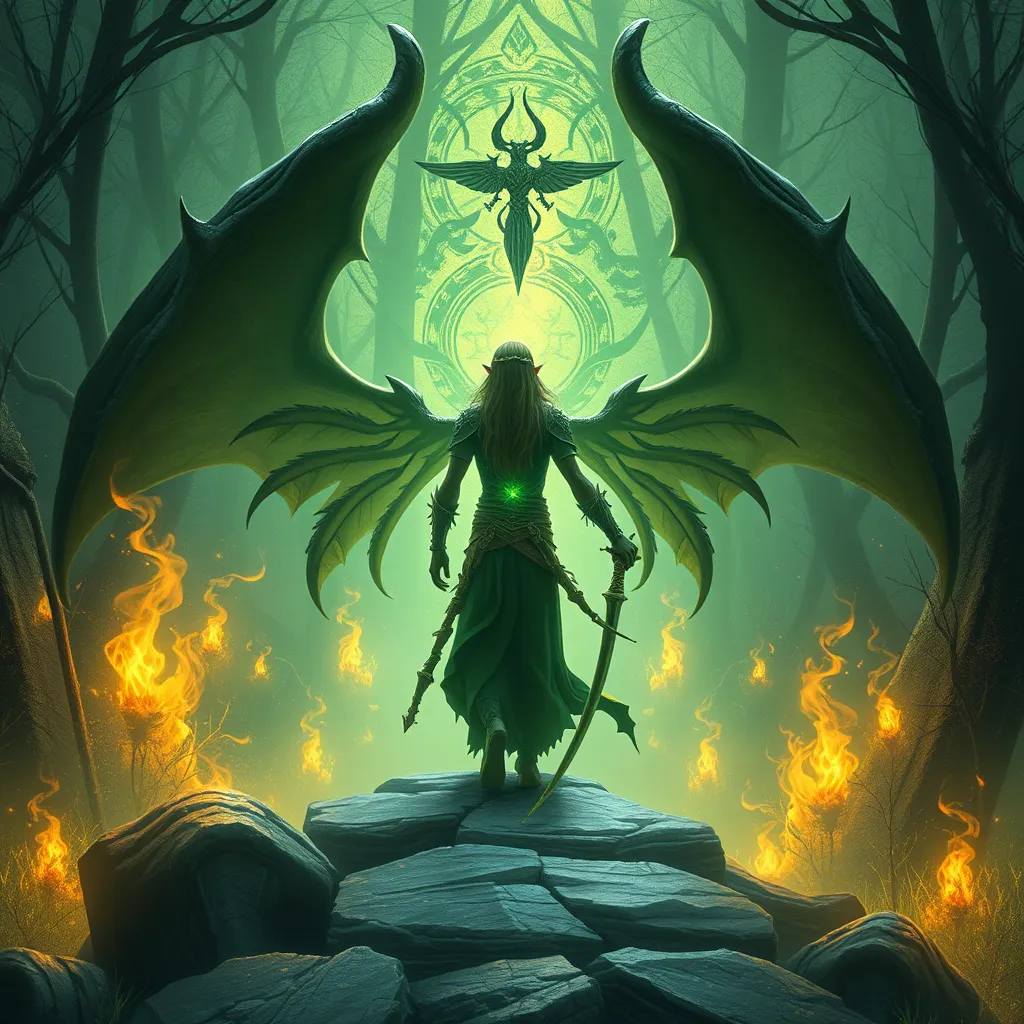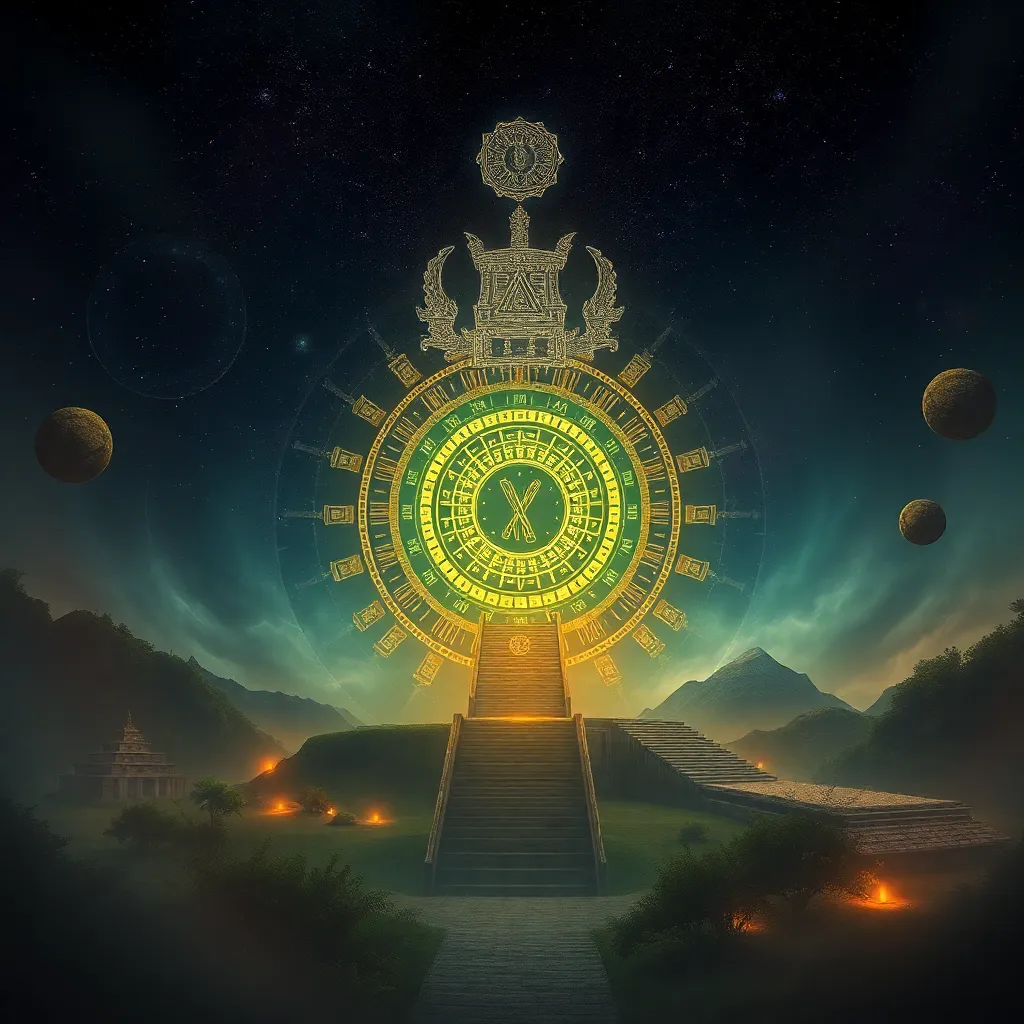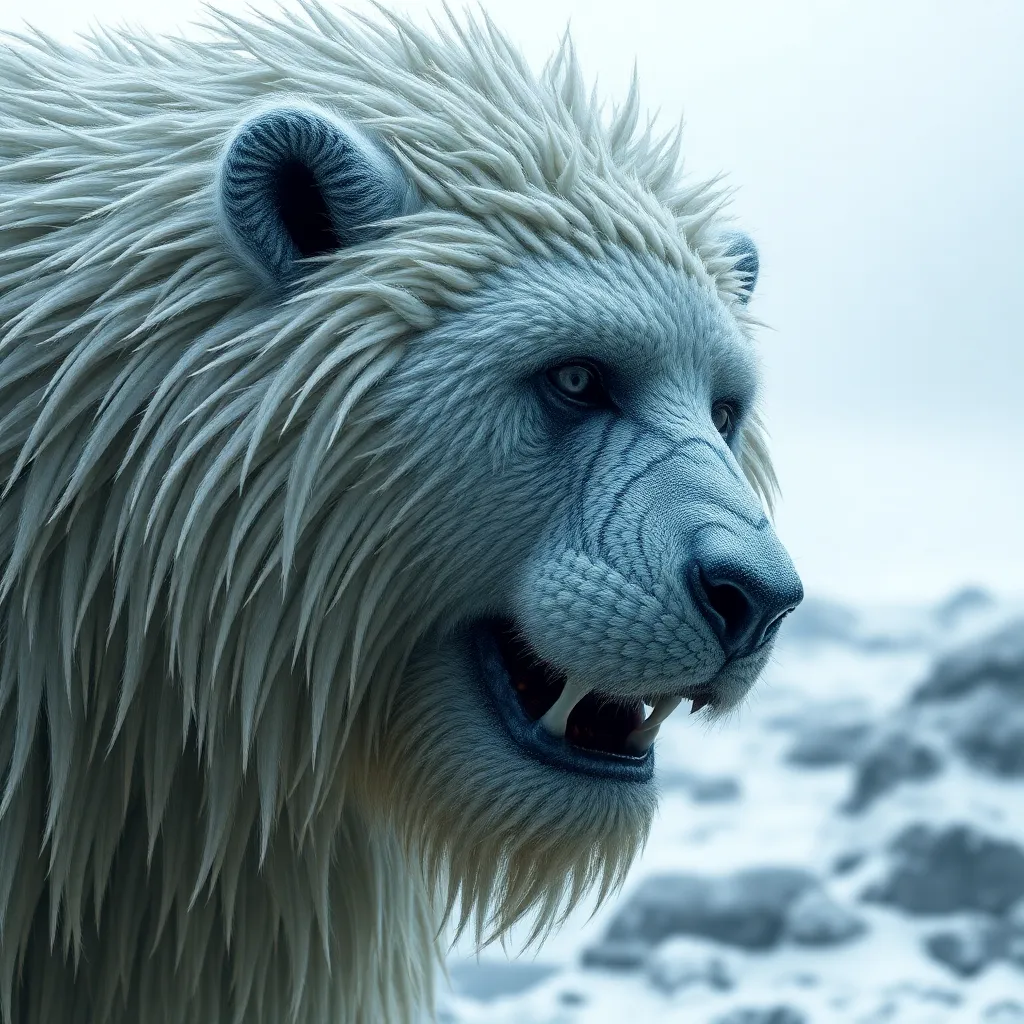The Elven Code of Conduct: Exploring the Rules and Morals of Elven Society
I. Introduction to Elven Society
Elven society is renowned for its deep connection to nature, sophisticated culture, and profound wisdom. With a history that stretches back millennia, Elves have developed a unique set of values that govern their way of life. The importance of rules and morals in Elven society cannot be overstated; they serve as the foundation for harmonious living and the preservation of their rich heritage.
The Elven Code of Conduct is a guiding document that encapsulates the essence of Elven ethics. It provides a framework for behavior that prioritizes respect, wisdom, and honor, ensuring that Elven communities thrive in balance with the natural world and each other.
II. Core Principles of the Elven Code
The Elven Code is built upon several core principles that reflect the values of their society:
- Respect for Nature and the Environment: Elves view themselves as stewards of the earth, believing that all living things are interconnected. Their practices emphasize sustainability and harmony with nature.
- Value of Wisdom and Knowledge: Learning is revered among Elves. Knowledge is seen as a path to enlightenment, and sharing wisdom is a way to strengthen community bonds.
- Importance of Honor and Integrity: Elven culture places great emphasis on personal honor and moral integrity. Upholding one’s word and acting with fairness are essential aspects of their identity.
III. Social Hierarchies and Roles
The structure of Elven society is complex, characterized by various classes and roles that contribute to its functionality:
- Structure of Elven Society: Typically, Elven society is organized into clans or houses, each led by a council of Elders. These clans operate autonomously but cooperate for the greater good.
- Roles of Different Classes and Their Responsibilities:
- Warriors: Protectors of the realm, trained in combat and martial arts.
- Mages: Scholars of magic, responsible for its study and use in society.
- Artisans: Creators of art and crafts, preserving cultural expressions.
- Healers: Providers of medical care, ensuring the health and well-being of the community.
- Gender Dynamics within Elven Communities: Elven society is often matriarchal, with women holding positions of power and influence. However, both genders are respected equally in their contributions to society.
IV. Rituals and Traditions
Rituals and traditions play a vital role in embodying the Elven Code:
- Key Ceremonies that Embody the Elven Code:
- Rites of Passage: Marking significant life transitions such as coming of age or marriage.
- Seasonal Celebrations: Festivals that honor the cycles of nature.
- The Role of Storytelling and Oral Tradition: Storytelling is a cherished tradition, used to pass down history, morals, and the Elven Code through generations.
- Seasonal Festivals and Their Moral Significance: Festivals like the Spring Renewal and Autumn Harvest celebrate the bounty of nature and reinforce community ties.
V. Conflict Resolution and Justice
Elven approaches to conflict resolution reflect their values of harmony and understanding:
- Approaches to Mediation and Reconciliation: Elves often seek peaceful mediation, encouraging dialogue and understanding between conflicting parties.
- Punishments and Rehabilitation within Elven Law: Instead of punitive measures, the focus is on rehabilitation and restoration, promoting the idea of learning from mistakes.
- The Role of Elders in Maintaining Order: Elders hold significant authority in resolving disputes, using their wisdom and experience to guide the community.
VI. Interactions with Other Races
Elven society has a rich history of interactions with other races, governed by a set of diplomatic guidelines:
- Guidelines for Diplomacy and Alliances: Elves prioritize peace and cooperation, often forming alliances based on mutual respect and shared values.
- Historical Conflicts and Resolutions: While conflicts have arisen, Elves have often sought to resolve them through negotiation and understanding, leaving behind a legacy of peace.
- The Elven Perspective on Coexistence and Tolerance: Elves believe in the importance of coexistence, valuing diversity and learning from other cultures.
VII. The Evolution of the Elven Code
Over time, the Elven Code has evolved, adapting to changing circumstances:
- Historical Changes and Adaptations Over Time: The Code has been refined through experiences and challenges faced by Elven society throughout the ages.
- Influence of External Factors on Elven Morals: Interactions with other races and environmental changes have necessitated adaptations to their moral framework.
- Contemporary Challenges Facing the Elven Code: Modernization and external pressures pose challenges to traditional Elven values, prompting reflection on their relevance.
VIII. Conclusion: The Relevance of the Elven Code Today
The Elven Code of Conduct offers timeless lessons for contemporary society. Its emphasis on respect for nature, the pursuit of knowledge, and the importance of honor and integrity are principles that resonate deeply in our modern world. As we face challenges related to environmental degradation, social inequalities, and moral dilemmas, the wisdom embedded in the Elven Code serves as a guiding light.
The enduring legacy of Elven morals reminds us of the significance of ethical conduct across all cultures. By embracing these values, we can foster communities that prioritize harmony, understanding, and respect for all beings. In a world that often feels fragmented, the principles of the Elven Code can inspire us to work towards a more cohesive and compassionate society.



